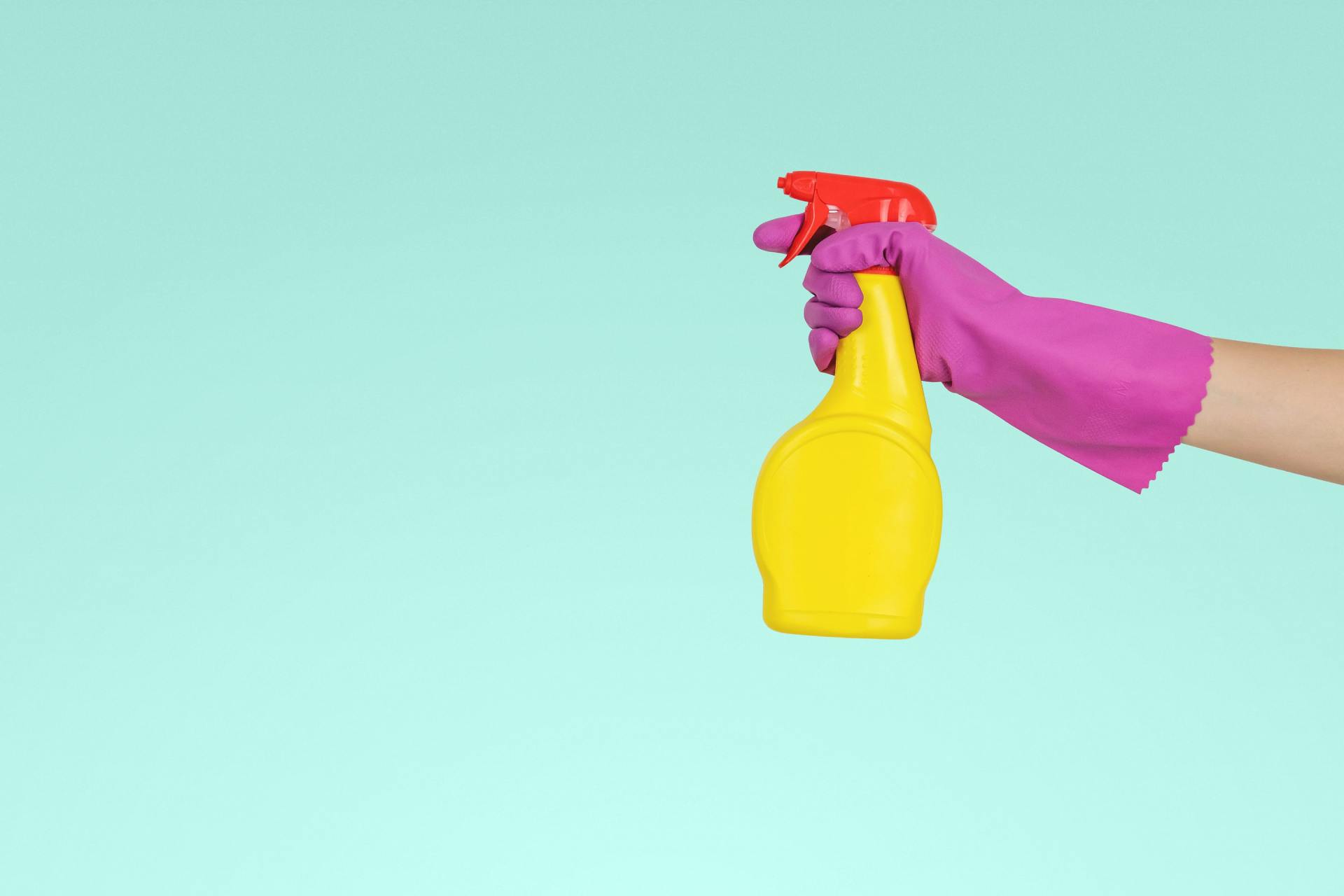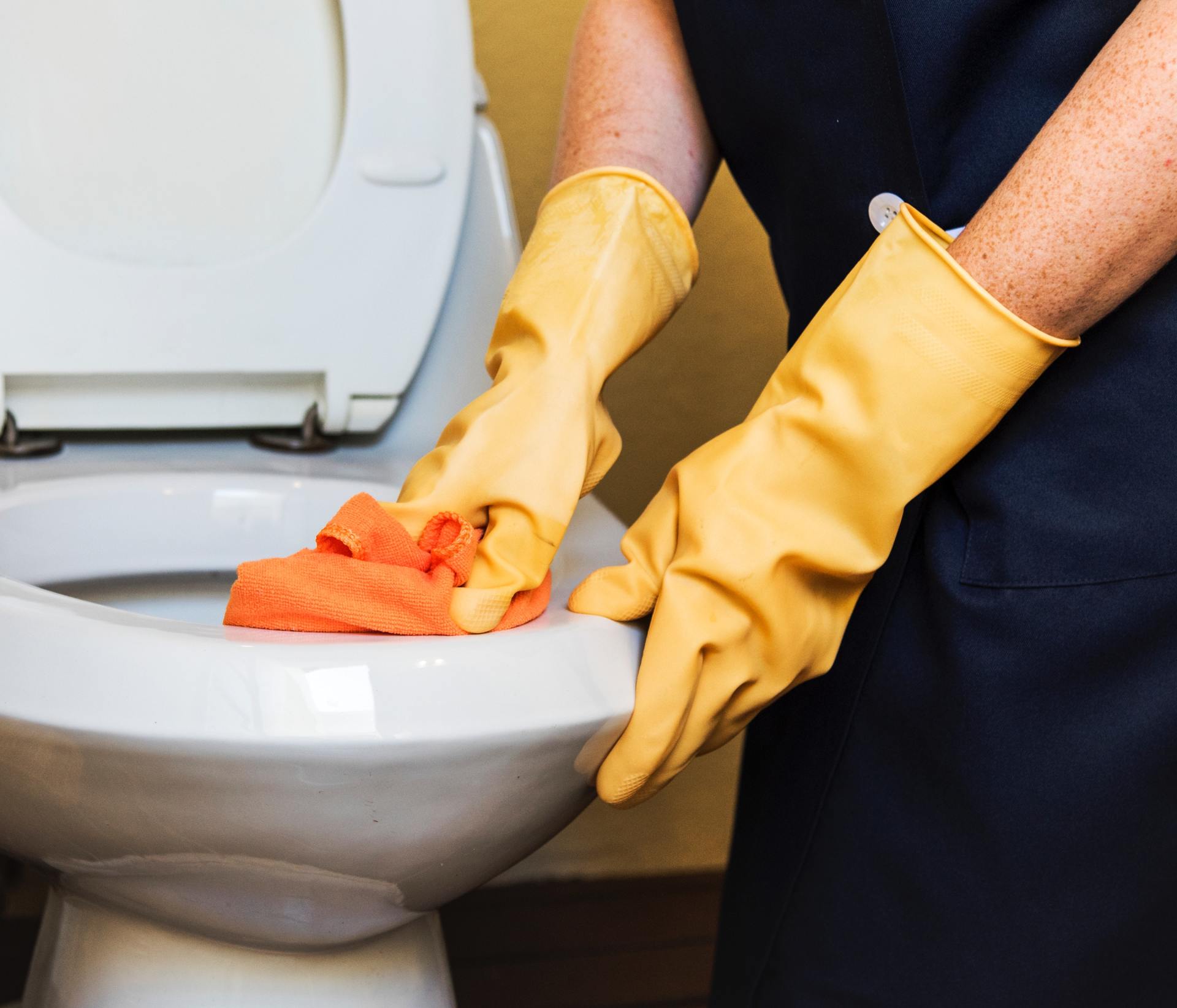Environmental Health 2010
Blog Owner • June 22, 2011
Women who regularly use household cleaners and air fresheners are at double the
risk of developing breast cancer than those who never use the products. The study of more than 1,500 women
found that solid slow-release air fresheners and anti-mold products had the biggest effect.
“The antimicrobials, phthalates and alkylphenolic surfactants often found in mold and mildew products are
associated with various health and environmental issues. The antimicrobial
triclosan
for example, can cause skin
irritation, allergy susceptibility, bacterial and compounded antibiotic resistance, and dioxin that jeopardizes fragile
aquatic ecosystems. The study highlights methylene chloride (in some fabric cleaners), nitrobenzene (soaps,
polishes), perfluorinated compounds (stain resistant, waterproof coatings), phthalates (surfactants), alkylphenols
(solvents), parabens (preservatives), triclosan, and polycyclic musks (fragrance) as ingredients of concern.”
A.R. Zota, A. Aschengrau, R.A. Rudel, and J.G. Brody. “Self-reported chemicals exposure, beliefs about
disease causation, and risk of breast cancer in the Cape Cod Breast Cancer and Environment Study: a case-
control study.”
Environmental Health,
(2010): 9:40.

Comprehensive longitudinal studies are important for understanding the complex risk factors, pathways, exposures and interactions that lead to the development and persistence of asthma. We aimed to examine associations between use of household cleaning products in early life and childhood respiratory and allergic disease using data from the Canadian Healthy Infant Longitudinal Development (CHILD) Cohort Study

Fragrance affects us all. For some, it can enhance a moment, invoke a memory, or even improve a mood. As consumers, we seek it out in all kinds of products we use in our everyday lives. And for many of us, there’s a positive sensory experience associated with fragrance. But unfortunately, this may not be without consequence.

America's Children and the Environment (ACE)
America's Children and the Environment (ACE) is EPA's report presenting data on children's environmental health. ACE brings together information from a variety of sources to provide national indicators and related information on the environment and children's health.










